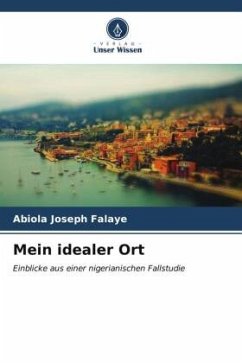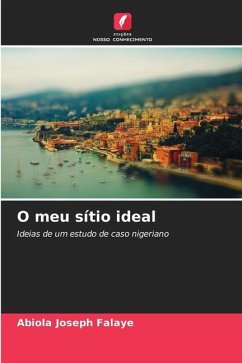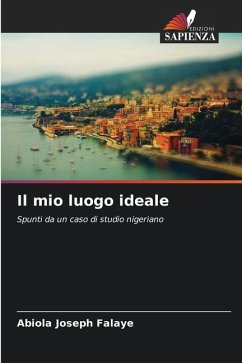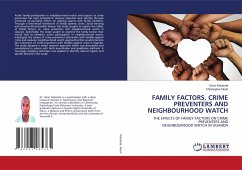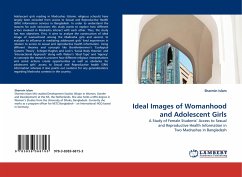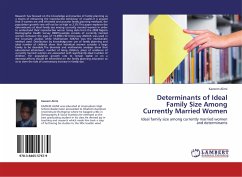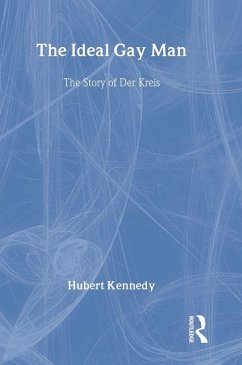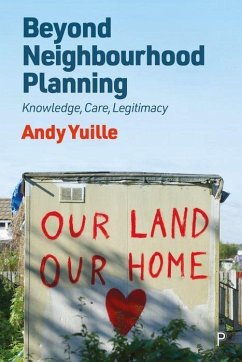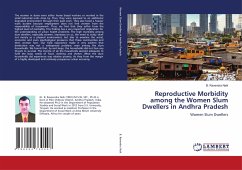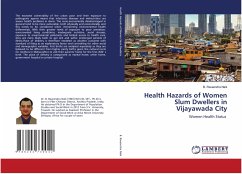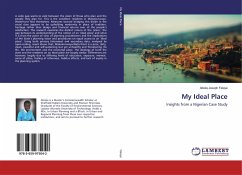
My Ideal Place
Insights from a Nigerian Case Study
Versandkostenfrei!
Versandfertig in 6-10 Tagen
33,99 €
inkl. MwSt.

PAYBACK Punkte
17 °P sammeln!
A wide gap seems to exist between the vision of those who plan and the people they plan for. This is the condition residents in Makoko-Iwaya-Waterfront find themselves. Measures toward bridging this divide in the social class appears to be upholding modernity in place of tradition, heritage rather than design and financial returns over of the people's satisfaction. The research examines the distinct nature of the 'place', the gap between its understanding of the notion of an 'ideal place' and what it is from the point of view of planning practitioners and the implications of the State's planni...
A wide gap seems to exist between the vision of those who plan and the people they plan for. This is the condition residents in Makoko-Iwaya-Waterfront find themselves. Measures toward bridging this divide in the social class appears to be upholding modernity in place of tradition, heritage rather than design and financial returns over of the people's satisfaction. The research examines the distinct nature of the 'place', the gap between its understanding of the notion of an 'ideal place' and what it is from the point of view of planning practitioners and the implications of the State's planning vision and procedures on equal access to an 'ideal place'. Using both primary (interview) and secondary data, analysed by open-coding, result shows that; Makoko-Iwaya-Waterfront is a poor, dirty, clean, peaceful and self-sustaining but yet unhealthy and threatening (to life, the environment and the economy) place. The ideology of both the state and the residents on an ideal place are largely similar. Differences are however, largely due to differing levels of education, exposure, memoir, sense of place, feeling of otherness, habitus effects, and lack of equity in the planning system.



